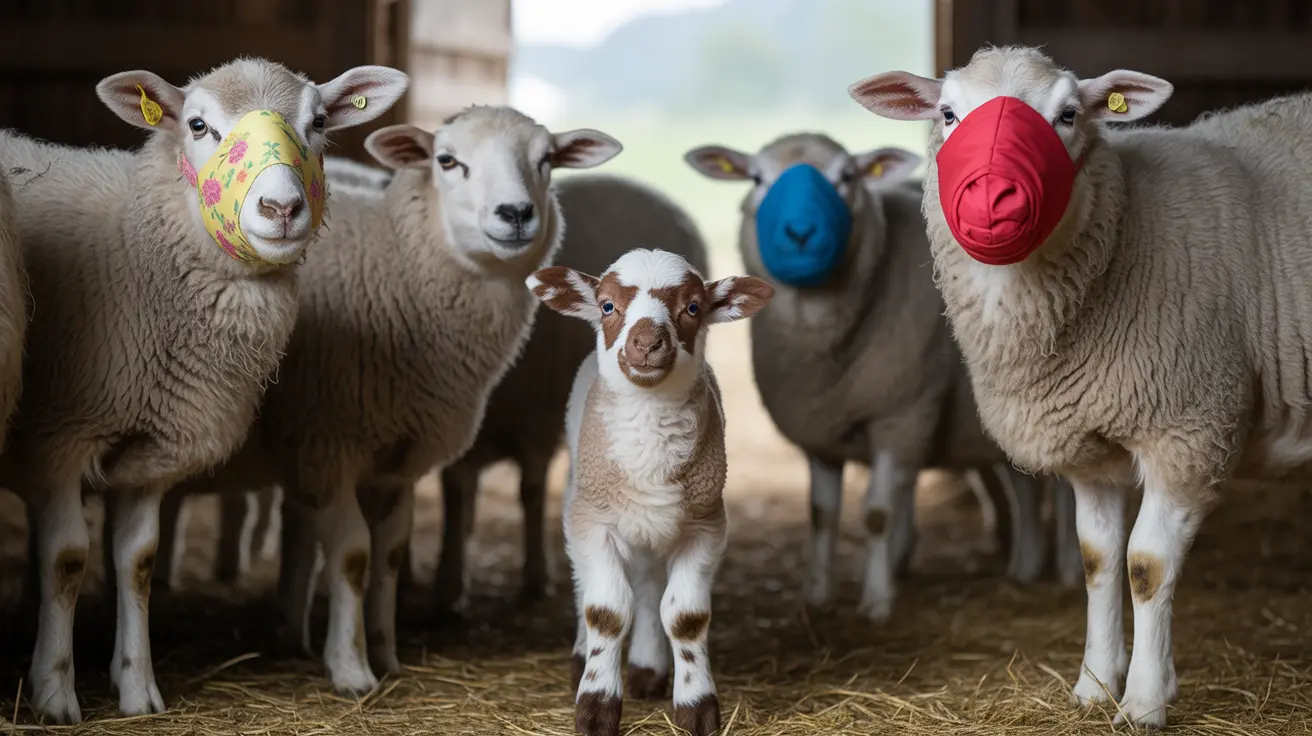Sealyham Terrier: Why It's Known as the Heartbreak Breed
The
Sealyham Terrier, once a darling of high society and a celebrated show dog in the early 20th century, is now commonly referred to as the
heartbreak breed. This poignant moniker reflects the dramatic fall from fame and the risk of extinction for this distinctive and lovable terrier.
Origins and Development
Originating in
Wales in the 19th century, the Sealyham Terrier was developed by
Captain John Edwardes at his estate, Sealyham House in Pembrokeshire. His goal was to produce a courageous hunting dog capable of going after badgers, foxes, and otters. Though exact breeding records were not kept, the breed most likely includes a mix of the
Welsh Corgi, Fox Terrier (Wire), and West Highland White Terrier, among others.
Historic Popularity
In the early 1900s, the Sealyham Terrier made waves in confidence and appearance. It gained
official recognition by the Kennel Club in 1911 and soon became a fixture among
British royalty, Hollywood elites, and dog shows. Its playful yet dignified personality charmed its way into many hearts.
The Fall of a Favorite
Despite this popularity, the breed's number saw a sharp decline in the latter half of the 20th century. The reasons include:
- Changing lifestyle preferences favoring low-maintenance breeds
- Grooming demands unsuitable for casual owners
- Limited breeding programs reducing visibility
This reduced presence led to the breed being classified as a
vulnerable native breed in the UK.
Appearance and Personality
Sealyham Terriers are
low to the ground, rectangular in build, and generally longer than tall. Males weigh around
9 kg (20 lbs) and females around
8 kg (18 lbs). Their coat is
dense, weather-resistant, and non-shedding, with characteristic furnishings like a pronounced beard and brows.
They are described as:
- Alert and lively
- Affectionate with a strong sense of humor
- More docile than many terriers
While they are loyal and adaptable to both city and rural life, early socialization is key to ensuring compatibility with children and other pets.
Health and Care Considerations
Like any specialized breed, the Sealyham Terrier comes with specific health considerations:
- Primary lens luxation (PLL) – a painful hereditary eye condition
- Progressive retinal atrophy (PRA) – a degenerative condition leading to blindness
- Deafness, cataracts, and glaucoma
- Skin allergies (atopic dermatitis)
- Joint and spinal issues like intervertebral disc disease (IVDD)
Routine vet visits and genetic screening are strongly recommended.
Exercise and Training
The breed requires
around one hour of daily exercise. This includes:
- Interactive walks and play sessions
- Mental stimulation through scent work or agility challenges
Their intelligence is balanced with an
independent streak, so positive reinforcement and consistent boundaries are essential during training.
Grooming Needs
Their unique coat calls for regular grooming:
- Brushing every 2–3 days to prevent mats
- Professional grooming or hand-stripping for coat maintenance
- Cleaning of facial furnishings to avoid food debris
- Regular ear checks and nail trimming
- Daily tooth brushing for dental health
Feeding and Nutrition
A Sealyham Terrier's diet should be:
- High in quality—either commercial dog food or vet-supervised homemade food
- Portion-controlled to prevent obesity
- Consistent in feeding times, especially for puppies
Treat usage should be moderate, as added calories can lead to weight-related health issues.
Lifestyle Compatibility
Sealyham Terriers are an excellent fit for owners who:
- Have experience with dogs or terriers
- Are ready to commit to grooming and training
- Can provide mental and physical stimulation
Their
strong hunting instincts and independent behavior mean they do best in homes where boundaries are clear but compassionate.
The Future of the Heartbreak Breed
Despite its endangered status, the Sealyham Terrier retains a devoted fanbase that continues to fight for its preservation. With greater awareness, more responsible breeding, and public education, there's hope that this poignant breed might rebound someday.
For now, the Sealyham Terrier remains the
heartbreak breed—a symbol of charm, resilience, and nostalgia, reminding dog lovers of the delicate balance between popularity and preservation.





